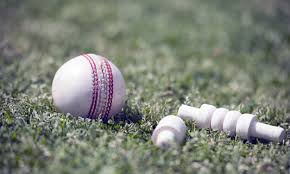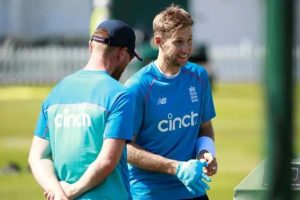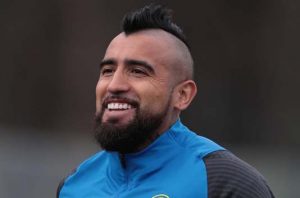“Cristiano was 18 and didn’t waste time telling everyone that he was going to be the best player in the world,” recalls his former team-mate Quinton Fortune. “The rest of the players found it more amusing than arrogant. They rated him because they saw what he could do in training, but players like Ryan Giggs told him not to say such things publicly because he would only pile pressure on himself. Ronaldo laughed at that as if to say, ‘I can deal with anything’.”Not since Eric Cantona had United seen a player with so much self-assurance. New acquisitions may arrive at Old Trafford with exalted reputations, but they still have to prove their worth. Ronaldo had already proved his by tormenting the United defence in a friendly game to open the new home of his former club, Sporting Lisbon. His only ambition was to improve.
“He was incredibly dedicated and competitive in training, he wanted to do everything better than every other player, to learn to do tricks all the time,” recalls Fortune. “He was always the best at step overs, but he started doing them with weights strapped to his ankles so that it would be easier in a real game.
“He would practice even when training finished. He would practice a trick slowly by himself. Then he’d try it in training games. Finally, he’d do it in a real game.
“If he saw someone do a new trick he would ask them how they did it. Then he’d teach himself until he was the best. I used to balance the ball on my forehead and roll it onto the crown of my head. Cristiano asked me about it. Three days later he was better than me at it and he actually goaded me to say that he was better!”
Mike Clegg was one of the men responsible for training Ronaldo every day. United’s power development coach between 2001-2011, he’s run the Olympic Sports Gym in Ashton-under-Lyne, eight miles east of Manchester, for the last three decades.
Clegg came to United’s attention after two of his sons joined the club. Michael junior was part of the 1995 FA Youth Cup winning team with David Beckham and went onto play nine games for the first team. He now works as a coach at Sunderland. His brother Steven played for United’s reserves before becoming a strength and conditioning coach at Carrington. He worked with his dad and all the United stars daily, but one of them stood out as being more dedicated than the rest.
“From the day he walked through the door at Carrington to the day he left, Cristiano Ronaldo was the greatest trainer I ever worked with,” recalls Mike Clegg.
“He took on a new level of total dedication to his training because he wanted to be the best footballer in the world. He filled his time with football, his whole life was dedicated to it. He even had his own cook so that he was eating well all the time, he made sure he bought a house with a swimming pool so that he could do more training.”
“Some players over-do it,” he says. “I’ve seen players train themselves into the ground because of insufficient knowledge, but Ronaldo was more intelligent than that. He’d train hard, but he’d listen to the specialists around him, the coaches, the manager, the other players like Ole Gunnar Solskjaer. He took their advice in pursuit of personal excellence.”
Ronaldo would arrive early so he could prepare properly.
“He’d be in the gym with me doing core work, then he’d do activation, then his actual football training.”
Training done, that was the point at which most footballers went home.
“Cristiano would come back into the gym and do some power work for his legs,” recalls Mike. “Then he would go home, eat the right food, swim, sleep, where I’m sure he dreamed about football, and come back in the next morning. He did that for five or six years and, knitted together, that made him become the player who was sold for £80 million.”
“They say you need to put 10,000 hours in before you can become great at something, be it painting or playing the guitar. Ronaldo did that – and more.
“He arrived at 18, the perfect time. Some players at that age go through a funny phase where they doubt themselves or think they are better than what they are. They curtail training. Had they done what Ronaldo did, they could have been far better.
“Some of the other United players are excellent trainers, but they didn’t quite do as much as Ronaldo. He was a really nice person too.”
Clegg no longer works with United, but he’s involved with several professional sports stars, including footballers. He’s looking forward to tonight’s game, though he’s reluctant to predict the outcome.
“I never do predictions,” concludes Clegg. “Predictions influence your observation because you hope that the outcome is what you want it to be. A coach should be impartial, so you can thoroughly observe what’s going on.
“I worked with all those great United players and only ever watched out for them, not their opponents. The other team didn’t matter. You have to be impartial.”
There will be few impartial people inside Old Trafford tonight. Tickets with a face value of £40 are going for £500 on the black market. Most want to see United win, they also want to see their former hero do well. But not too well, you’ll understand.
Andy Mitten will be blogging for us throughout the season. He contributes to FourFourTwo, the Manchester Evening News and GQ magazine amongst other publications.
(Source: Eurosport via Yahoo Sport)




